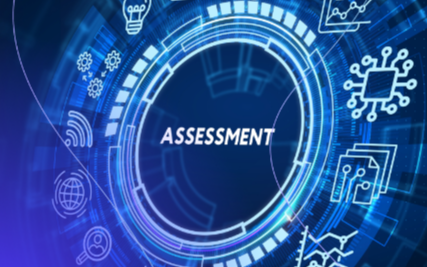Transparency and ethical practices have become paramount concerns in the world of investments. The influx of capital into various ventures brings with it the responsibility to ensure that these funds are sourced legitimately. Investors play a pivotal role in shaping the trajectory of businesses, and it is imperative to guarantee that their money is not tainted by corruption or illicit activities. This is where the concept of “Know Your Investor” (KYI) comes into play, serving as a robust solution to verify the legitimacy of the funds and the ethical standing of the investor.
Understanding the Need for a “Know Your Investor” Solution
In a globalized economy, funds circulate across borders, making it challenging to trace the origins of investments accurately. Instances of corruption, money laundering, and other financial crimes have raised concerns, prompting regulatory bodies and businesses to adopt stringent measures for due diligence. The KYI approach seeks to mitigate these risks by establishing comprehensive checks and balances to ensure that the source of investment is legitimate and devoid of any unethical practices.
The Components of a “Know Your Investor” Framework
Thorough Background Checks: The cornerstone of any effective KYI solution lies in thorough background checks on potential investors. This includes scrutinizing their financial history, business dealings, and any affiliations with entities that may be associated with corruption. Advanced data analytics and investigative tools can aid in uncovering any discrepancies in the investor’s past.
Verification of the Funding Source: KYI necessitates a meticulous examination of the funding source. Investors are required to provide a detailed account of the origin of their funds, accompanied by relevant documentation. This not only includes bank statements but may also extend to audits and legal certifications validating the legitimacy of the funds.
Regulatory Compliance: A robust KYI solution must ensure that the investor complies with all relevant regulatory frameworks. This includes adhering to anti-money laundering (AML) laws, international sanctions, and other financial regulations. Compliance with these regulations is not only a legal requirement but also a testament to the investor’s commitment to ethical and lawful financial practices.
In-depth Interviews: Personal interviews with potential investors provide a valuable qualitative dimension to the KYI process. Direct interactions can reveal insights into the investor’s business ethics, values, and long-term objectives. This human element complements the data-driven aspects of the KYI framework.
Continuous Monitoring: KYI is not a one-time process but an ongoing commitment to ensure the sustained integrity of investments. Continuous monitoring of investors and their financial activities helps identify any irregularities that may arise over time.
See Also Discover the best ways to earn free Robux with Bloxbounty.Org
Challenges in Implementing KYI Solutions
While KYI holds significant promise in safeguarding investments from corruption, its implementation is not without challenges. The global nature of investments, differing regulatory landscapes, and the evolving tactics of those engaged in financial misconduct pose obstacles. Moreover, balancing the need for thorough due diligence with the imperative of attracting investment is a delicate act that businesses and regulatory bodies must navigate.
Technological Innovations in KYI
Technological progress has been instrumental in elevating Know Your Customer (KYC) capabilities. The integration of artificial intelligence (AI) and machine learning algorithms has empowered the analysis of extensive datasets, enabling the identification of potential risks and anomalies that might escape detection through conventional approaches. These advanced tools significantly enhance the accuracy and efficiency of KYC processes by swiftly flagging irregularities in large volumes of data.
Furthermore, the utilization of blockchain technology adds an extra layer of security to the validation of financial transactions. The transparent and immutable nature of blockchain ledgers ensures the integrity and legitimacy of information related to KYC. This decentralized and tamper-resistant system enhances trust in the verification process, reducing the likelihood of fraudulent activities. The combination of AI, machine learning, and blockchain not only streamlines KYC procedures but also strengthens the overall security framework, making it more resilient to emerging threats in the ever-evolving landscape of financial transactions and compliance.
Conclusion
In the intricate web of global finance, the “Know Your Investor” solution emerges as a beacon of integrity and transparency. Businesses and regulatory bodies must collaborate to implement robust KYI frameworks that not only safeguard against corruption but also foster an environment of trust and ethical investment practices. The onus lies not only on financial institutions but also on individual investors to embrace and uphold the principles of clean capital. As we navigate the complex world of investments, a commitment to knowing your investor becomes not just a regulatory requirement but a foundational pillar of a sustainable and ethically sound financial ecosystem.
